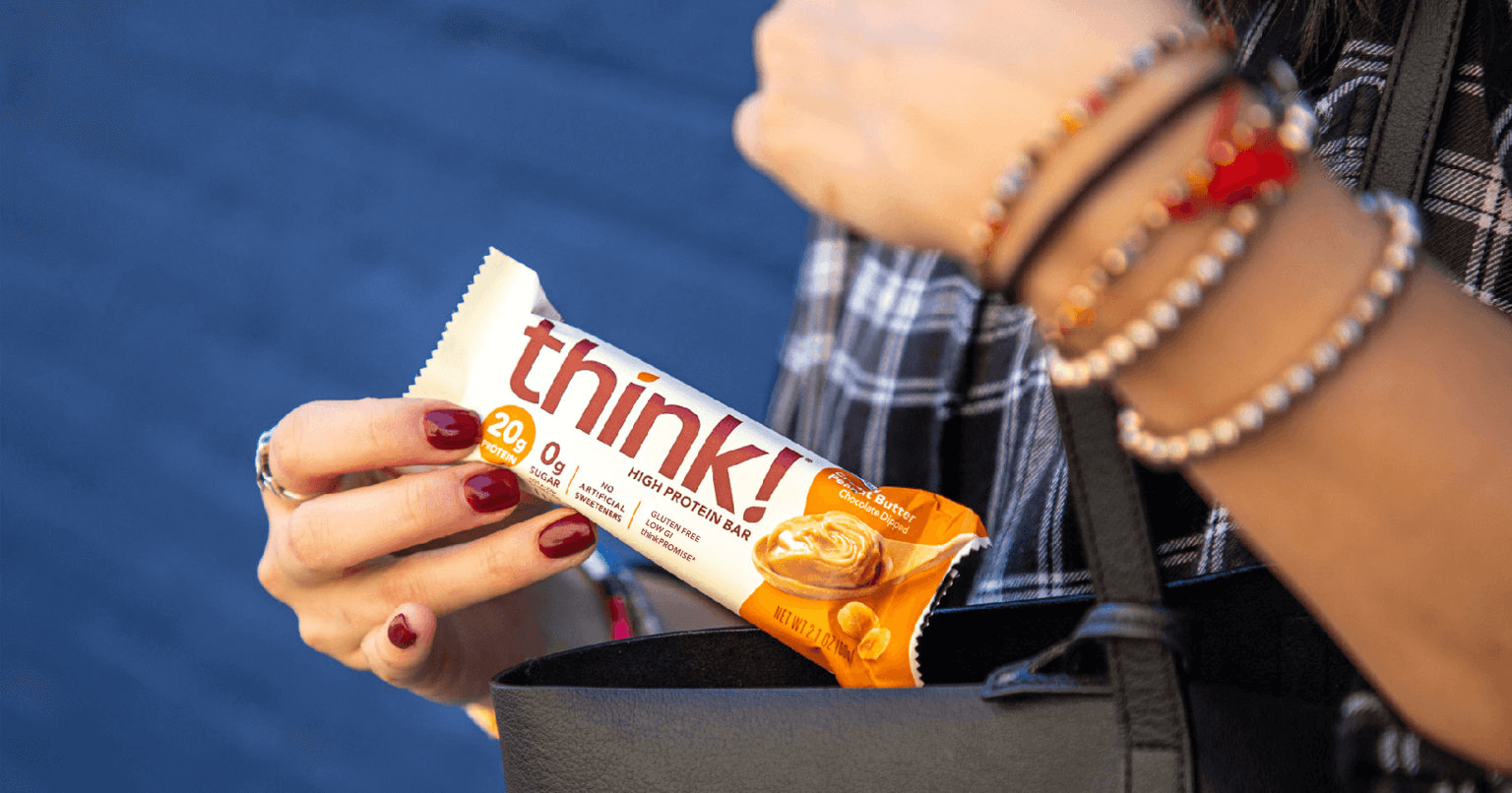Many working professionals start work between the traditional hours of 9:00 am to 5:00 pm, but there are a growing number of workers who operate outside those average business hours. Several industries operate around the clock including healthcare, law enforcement, transportation, construction, manufacturing, and more. Millions brave the night shift, but this can bring on many challenges around eating habits. If you're a working night owl, then continue reading to learn 5 quick tips while taking on the night shift.
1. Think Before and After. The 9 to 5 workforce typically eats breakfast before work and dinner after work. Although night shift workers work outside traditional work hours, they may still follow similar eating patterns. Aim to eat your main meal before your shift begins and a mini-meal 1 to 2 hours before your shift end to avoid going to sleep hungry. These main meals should be balanced with complex carbohydrates to support longer-lasting energy and a source of protein to help support satiety.
2. Plan a Snack with Protein. Nearly all adults snack at least once a day. However, night shifts may mean more frequent visits to the vending machine for conventional snacks or the break room for co-workers' homemade baked goods. Many unplanned snacks tend to be carbohydrate-focused. Balance each snacking occasion with protein. Protein may help to support satiety and may help you feel full and satisfied, versus just having a carbohydrate food alone. Pack portable on-the-go proteins such as yogurt, cottage cheese cups, string cheese, hard-boiled eggs, canned light tuna, turkey slices, mixed nuts, seeds, and protein bars.
3. Have an Emergency Snack Plan Ready. Our non-stop chaotic schedules can mean rushing out the door without any food for the night. It's important to always have a plan, whether that's a thoughtfully planned mini-meal or emergency snacks. If you're constantly forgetting to pack food, consider having a non-perishable food kit in your car or at work if possible. Select a combination of convenient carbohydrate plus protein foods that are easy to grab and go. A great nutritional resource are nut butters, which can be paired with many fruits and veggies - so keep a jar handy! Other easy portable options are mixed nuts, popcorn, and whole fruits.
4. Consider Skipping the Caffeine. Caffeine can help you get through the night, but we tend to rely a little too much on caffeine each hour of the night, which can interrupt sleep. As a general rule of thumb, aim to limit caffeine at least four hours before your shift ends. Try decaffeinated beverages such as herbal teas or decaffeinated coffee. Bring a reusable water bottle, and hydrate regularly with water throughout your shift. If plain water isn't your favorite drink, then add in fresh fruit or flavor enhancers.
5. Be Mindful. Eating at night is often perceived negatively. It is related with mindless eating, emotional eating, eating out of boredom, eating due to stress, confusing hunger with tiredness, consuming of empty calories, and excessive intake of calories above needs. However, for the night shift workers, nutrition at night can be beneficial and necessary, if done mindfully. It can be easy to graze on snacks all throughout the night, but it's important to honor your hunger and satiety cues. This means recognizing when you're physically hungry and stopping when you've had enough.
Eating healthy and sticking to your nutritional goals during the night shift can be tricky, but it can be done. If you're a nursing assistant, firefighter, police officer, assembly line worker, fast-food worker, or truck driver – then get prepared for the night. Your nutrition, eating patterns, and dietary choices are bound to shift, but you can still make mindful choices. You got this!

